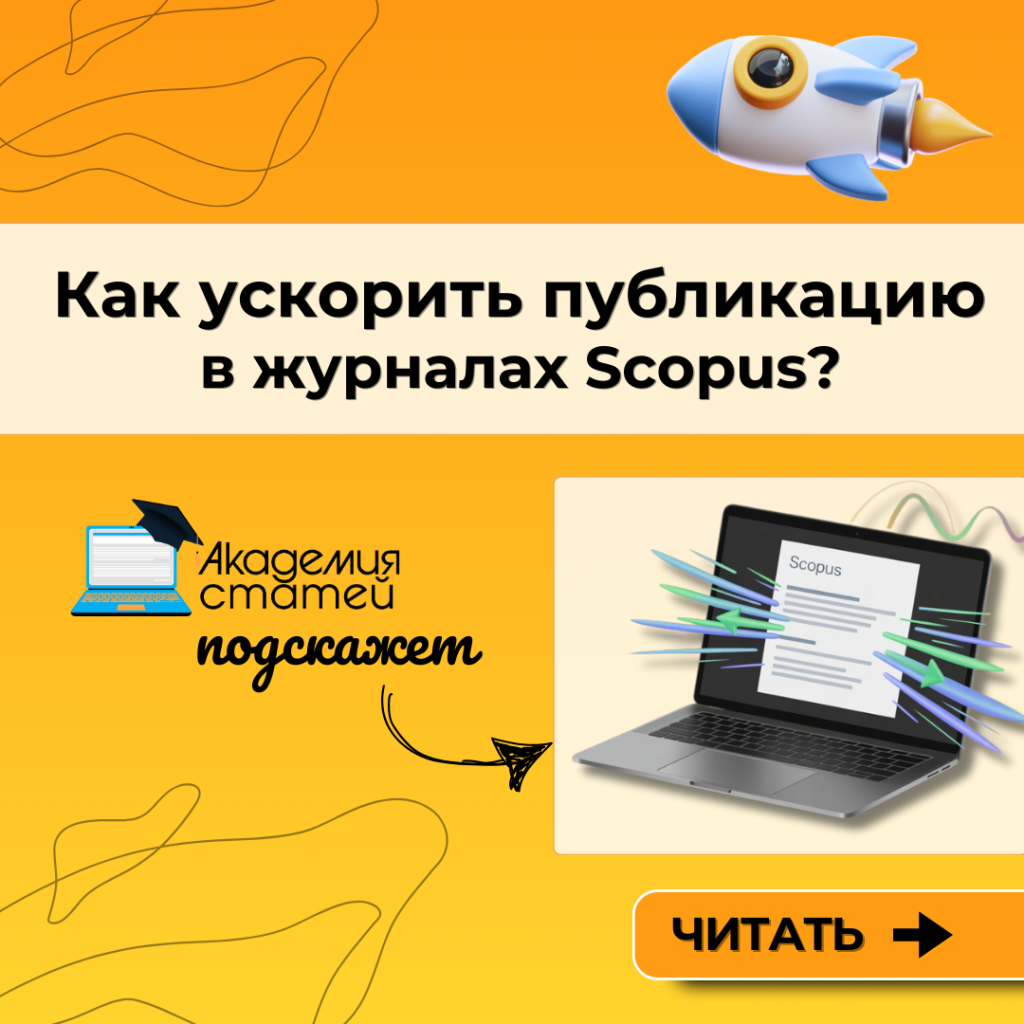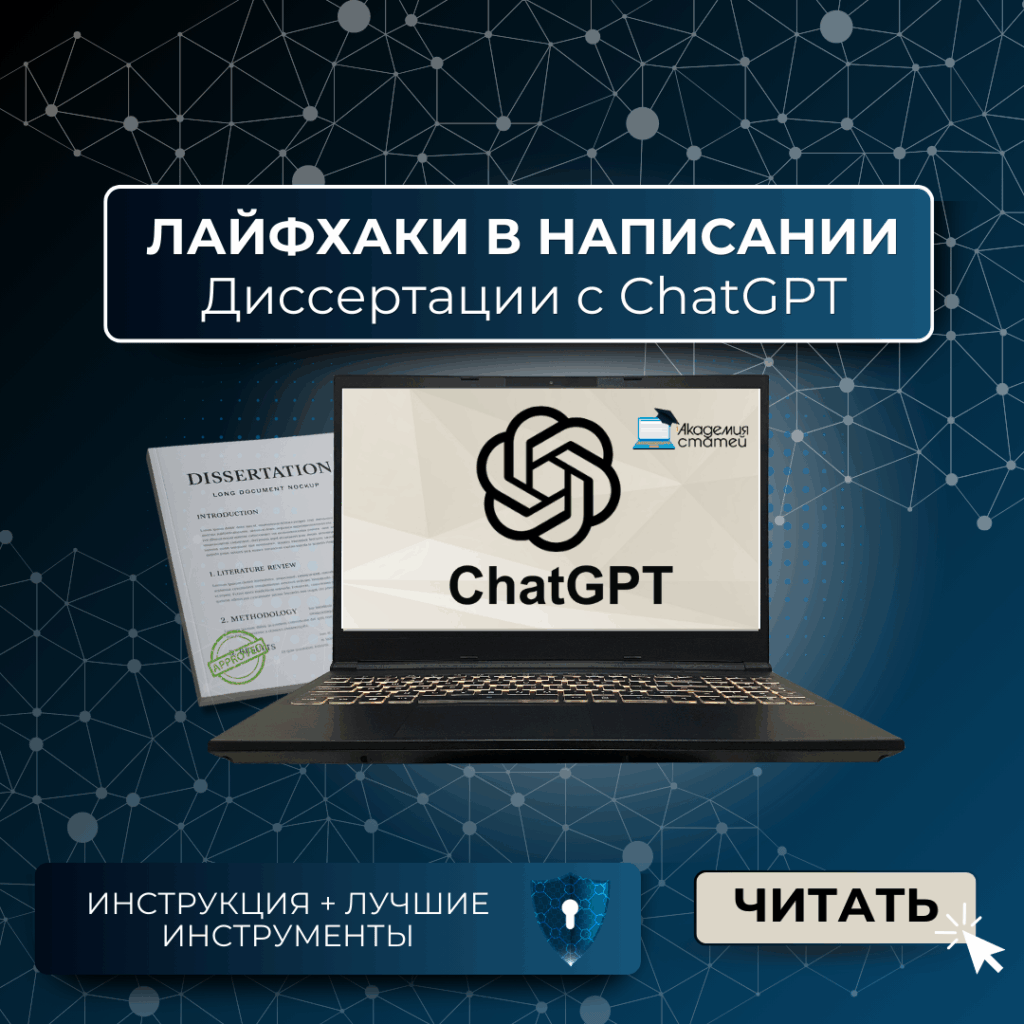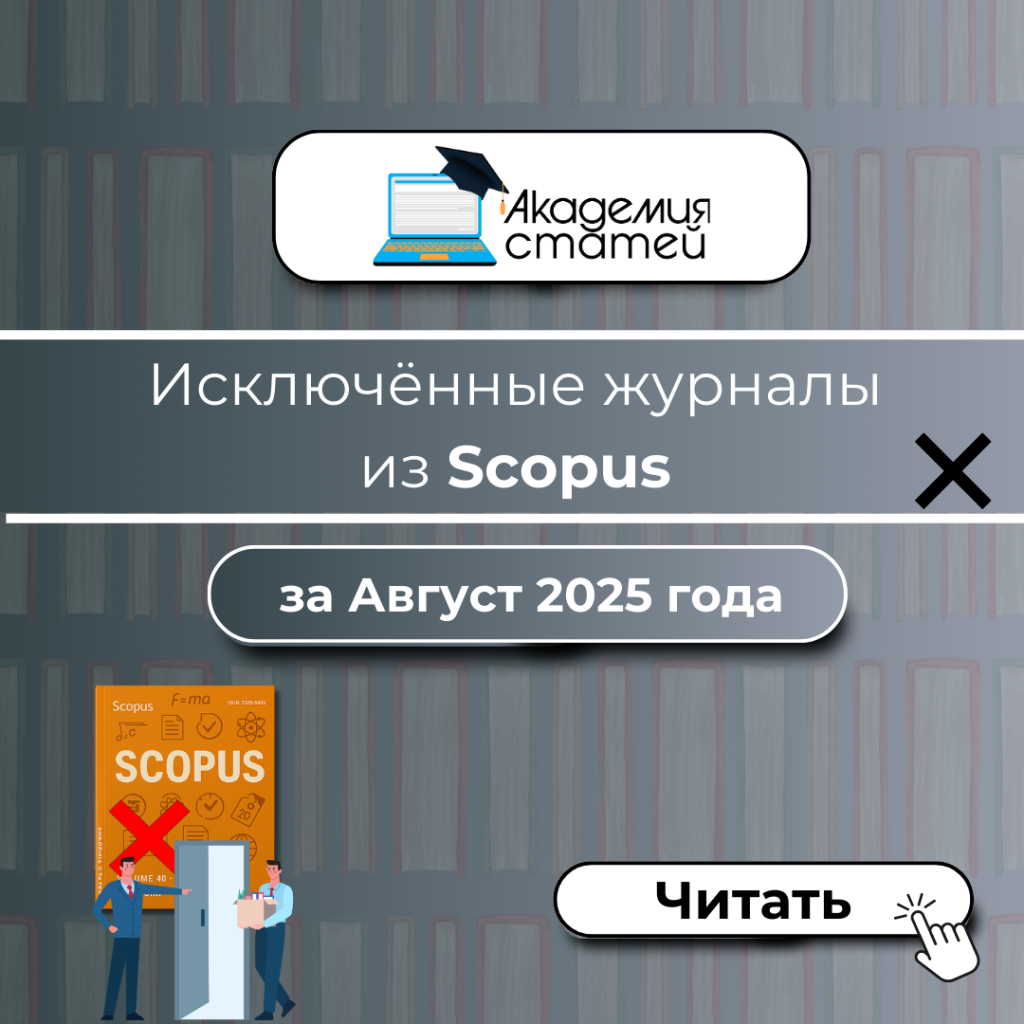June 3 It has been announced that new regulations have been introduced for scientific journals included in the KOKSON list. According to the document, approved by the Ministry of Science and Higher Education of the Republic of Kazakhstan (Order No. V 2500036221), it comes into force. June 21, 2025 (see the text of the law at the link: adilet.zan.kz).
A significant number of faculty, doctoral students, and degree seekers are interested in what changes await scientific journals included in the Committee for Quality Assurance in Science and Higher Education (KOKSON) in connection with new requirements for scientific publications.
The introduced changes affect both journals planning to apply for inclusion on the list and those already included. Furthermore, the approach to assessing the quality of scientific publications is being revised, which directly impacts doctoral students, postgraduate students, and those preparing to defend their dissertations or obtain an academic title.
In this article we will take a detailed look at:
🔸 What key changes are introduced by the new regulations?;
🔸 What will happen to the journals previously included in the list?;
🔸 What requirements will be imposed on author's articles;
🔸 and what those planning to defend or receive a title in the coming years need to know.
Reasons for changes:
Why was new regulation needed?
The requirements for scientific journals recommended by the Committee for Quality Assurance in Science and Higher Education of the Ministry of Higher Education of the Republic of Kazakhstan (KOKSON) were first introduced in 2016. Their primary goal was to stimulate improvements in the scientific quality of Kazakhstani publications and gradually bring them closer to the standards required for indexing in international scientometric databases—Scopus and Web of Science.
However, over the following years, a number of systemic problems in implementing these requirements led to the opposite effect:
🔹 A reduction in the number of journals on the list, which, in turn, created an excessive burden on existing publications.
🔹 The formation of significant publication backlogs (6–12 months or more), which has complicated the timely completion of dissertation projects and the awarding of academic titles.
🔹 The presence of unofficial limits in editorial offices (for example, on the number of sources in the bibliography - no more than 15-20), which contributed to a decrease in the analytical level of materials.
🔹 The editorial policies of some journals focused on an internal circle of authors, which led to corruption risks, bias in article review, and limited access for independent researchers.
🔹 The quality of peer review was perfunctory: in many cases, editors performed reviews themselves or agreed to publications without proper scientific expertise.
🔹 Articles were primarily published in Russian or Kazakh, with the number of English-language publications (as well as those by authors from abroad) remaining minimal.
All of this taken together did not contribute to an increase in the quality of scientific publications; on the contrary, it exacerbated the problem of a formal approach to academic publishing, reducing publication to a reporting tool rather than to the dissemination of scientific research results.
As a result, the Ministry received a significant number of complaints from doctoral students, faculty, and the scientific community regarding the ineffectiveness of the current system. Consequently, a decision was made to fundamentally update the requirements, aimed at ensuring:
🔸 proper quality of scientific articles;
🔸 availability of publications in English;
🔸 participation of international authors and reviewers;
🔸 transparent editorial policy criteria.
We will discuss the new requirements in detail in the next section.
Comparison of old and new requirements for scientific journals
| Criterion | Old requirements | New requirements (2025) |
|---|---|---|
| Separating logs by levels | It was there, but it wasn't formalized. | Clear division into Lists 1, 2, 3 |
| The journal's lifespan | Not defined | At least 1-2 years depending on the list |
| The presence of foreign authors | Recommended, without % | At least 1/3 of articles are from foreign authors |
| Publications in English | Not necessarily | 25–33% articles in English |
| External authors (not publications) | Not specified | In List 2 and 3: ≥50% are not affiliated |
| Indexing in databases | Desirable | Required: Citations or repositories |
| Reviewers from Scopus/WoS | Desirable | Required: h-index ≥ 2 or ≥ 5 |
| Peer review system | Mentioned | Required: double-blind, questionnaires |
| Article quality assessment | No criteria | Official: ≥ 30 points in 6 months |
| Antiplagiarism | Mentioned | Required: StrikePlagiarism, iThenticate |
| Ethical standards | Mentioned | Required: COPE, WAME, AI policy |
| Website requirements | Minimum | Full structure, archive, policy |
| DOI | Desirable | Required |
| ORCID | Not mentioned | ORCID or profile required |
| Citation | Not rated | 5-year assessment or presence in Scopus |
| Repeated checks | Not specified | Provided |
How will Kazakhstan's scientific publishing environment change after the reform?
As already noted, the new requirements of the Ministry of Education and Science of the Republic of Kazakhstan apply not only to journals submitted for inclusion in the KOKSON list but also to all publications already on this list. While no clear timeframe for re-evaluation has been established, it is clear that the review of existing journals will be carried out gradually, within the Committee's mandate.
Based on many years of experience working with KKSON journals, it can be reasonably concluded that no more than 20% active publications fully comply with the new criteria. This means that we can expect a mass exclusion of scientific journals from the list in the near future.
To understand the logic of such actions, it is worth paying attention to the strategic motivation of the Ministry of National Economy of the Republic of Kazakhstan, which, apparently, is to achieve two key goals:
🔵 Increase the number of national journals indexed in Scopus and Web of Science.
This is an indicator of the country's academic quality in an international context, which directly impacts the prestige of Kazakhstani science.
🔵 Increase the number of authors from Kazakhstan publishing in international peer-reviewed journals.
This dynamic generates positive scientometric statistics for the country, improves its position in global rankings, influences the volume of scientific funding, and facilitates the attraction of international research projects.
Thus, the new regulation solves both problems simultaneously:
🔵 By optimizing the list of KOKSON journals, only those that truly meet modern standards remain;
🔵 By redirecting some authors to international journals, which contributes to the growth of scientometric indicators at the national level.
How should scientists act in the face of new requirements?
Once the new requirements for scientific publications come into effect, the editorial policies of most journals are expected to change significantly. Specifically, editors will begin to take a much stricter approach to assessing the quality of articles, as their continued inclusion on the COXON list directly depends on this. As a result, publications that previously could have been accepted with formal comments will now be rejected en masse.
At the same time, even a sudden strengthening of internal quality control will not help some journals remain on the list. The new regulations will assess their publication practices over the past 6-12 months. This means that without a high-quality publication history, English-language articles, an international author base, and a transparent peer-review system, such journals may be removed from the list, regardless of their current intentions.
In this situation, the risk increases for doctoral students, applicants for academic degrees, and teachers who planned publications in KKSON publications and relied on them for reporting, certification, or defense.
Our recommendation:
Based on many years of experience working with scientific publications, we recommend choosing Scopus journals as the most reliable solution.
The explanation is simple:
Publications indexed in Scopus are clearly recognized for the defense of PhD dissertations and the awarding of academic titles both in Kazakhstan and in most other countries.
Scopus ensures a high level of selection and continuous quality monitoring, meaning the risk of losing status or being excluded from the database is lower than in local registries.
We recognize that until now many authors have chosen KKSON journals due to their lower cost and availability, However, this option may become unavailable or risky in the near future.
On the contrary, publication in a stable, high-quality journal Scopus allows you to:
✅ avoid unpredictable situations;
✅ guarantee the legitimacy of publication for years to come;
✅ ensure peace of mind during defense or certification.
At the same time, it is important to choose not just any Scopus journal, but a reliable, stable publication that is not a candidate for exclusion from the database, has sustainable editorial practices, and a corresponding reputation.
Need to publish in a Scopus journal without risk or stress?
Order now Custom writing of a turnkey scientific article — we will take full responsibility for the entire process:
from topic and structure selection to final publication in a Scopus-recognized journal.
Individual. Reliable. Transparent.
The ideal solution if you want results without unnecessary red tape.
Click the button below to order👇
Conclusion:
The reform of the requirements for scientific journals recommended by the Committee for Quality Assurance in Science and Higher Education of the Republic of Kazakhstan (KOKSON) was a response to the protracted crisis in the formal approach to scientific publications. The new version of the requirements, which comes into effect on June 21, 2025, focuses on quality indicators: international authorship, publications in English, scientific novelty, reliability of peer review, scientometric visibility.
All scientific journals—both new applicants and those already on the list—will be gradually reviewed for compliance with the new standards. It is expected that only a small fraction of existing publications (up to 20%) will successfully pass this reassessment, leading to a massive reduction in the number of local platforms available for publication.
In these circumstances, doctoral students, faculty, and postdoctoral researchers should reconsider their publication strategy. A sound and safe solution is to focus on publications in peer-reviewed international journals indexed in Scopus or Web of Science. This avoids the risk of publication revocation due to journal delisting and ensures a stable academic reputation.
Thus, the reform of COXONE — this is not only a restriction, but also an opportunity for scientists to reorient themselves to global quality standards, improve the quality of their own publications, and make a real contribution to the development of Kazakhstan's scientific sphere.






